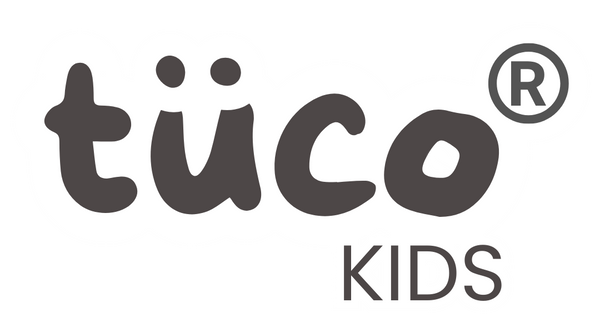
Cloth Face Masks for Kids: Why They Matter Today, How to Use Them and Skin Friendly Care Tips
Cloth face masks have become an important everyday item for children, especially after the world experienced the COVID pandemic. Masks helped protect millions by preventing the spread of viruses, and they taught families how small habits can make a big difference in keeping children safe and healthy. Even though strict masking rules are no longer everywhere, face masks still play a valuable role in a child’s routine, especially in crowded places, during travel and when air quality is poor.
Why Kids Should Continue to Use Cloth Face Masks
Children are exposed to many germs and pollutants every day. Their immune systems and lungs are still developing, making them more vulnerable to infection and irritation. Cloth masks help reduce:
• Spread of respiratory droplets
• Exposure to dust, pollution and smoke
• Risk of catching seasonal colds and cough
• Allergens entering the nose and mouth
During COVID, masks were one of the most effective protections for kids when vaccines for younger children were limited. The same protection still applies when viruses circulate in schools or public areas.
Kids aged 2 years and above who can put on and remove the mask themselves benefit the most from cloth masking. Younger toddlers should not wear masks due to safety risks.
When Should Kids Wear Cloth Face Masks
Parents can make mask-wearing a smart, flexible habit based on environment and risk. Masks are helpful:
1. During travel
Airports, buses, metros and flights gather people from many places. It increases the chance of airborne infection. Also, outdoor travel in city traffic exposes children to fine dust and vehicle emissions that can irritate the throat and lungs. A cloth mask reduces that exposure.
2. In crowded indoor spaces
Schools, malls, cinemas and birthday parties have limited ventilation. Wearing a cloth mask here helps protect both the child and others.
3. During cold and flu seasons
When viruses spread easily, a mask acts as a simple barrier to protect health. Children may also feel more comfortable around sick classmates.
4. When pollution levels rise
In many Indian cities, pollution levels rise during festivals, construction periods or fog season. A mask helps children breathe easier.
5. When someone at home is unwell
If a family member has a cough or cold, a mask adds an extra shield to protect the rest of the household.
Learning to use a mask wisely empowers kids to take charge of their health wherever they go.
How to Choose the Right Cloth Mask for Kids
Parents should choose masks that are:
• Soft and breathable like cotton or knit fabric
• Two to three layers for better filtration
• Properly fitted to cover nose, mouth and chin snugly
• With comfortable ear loops that don’t hurt
Fun patterns can help reluctant children enjoy wearing their masks with confidence.
Avoid masks that feel very thick, rough or restrict breathing.
Caring for Cloth Masks the Right Way
Reusable masks are great for the environment and the pocket, but only if kept clean:
• Wash after every full day of use
• Use warm water and a gentle detergent
• Dry completely before storing
• Do not share masks with other children
• Keep spare clean masks ready in school bags
A clean mask prevents sweat and bacteria buildup which can irritate the skin.
Skin Friendly Mask Habits for Children
Long mask use can make some areas feel sweaty or itchy. Gentle skin habits keep the face comfortable:
• Cleanse with a mild kids face wash or soap after removing the mask
• Apply a kids moisturizer before wearing a mask if skin feels dry
• Use a kids soothing gel after long masking days to calm red cheeks or the chin area
• Ensure the inner fabric of the mask is soft, and seams do not rub
• Encourage mask breaks outdoors when safe
Children have delicate skin and need products designed specially for them, not adult formulas.
Why Kids Need Their Own Skincare Products
Adult products often contain strong fragrance, alcohol or actives that can irritate younger skin. As the mask covers the nose, cheeks and chin, that area experiences more friction and trapped humidity. That is why children benefit from
• a kids mild soap or body cleanser
• a kids moisturizer for barrier support
• a soothing gel for irritation relief
• a repair lotion after hot or polluted outdoor days
These products support skin comfort and protection while kids develop healthy, hygienic habits.
Making Mask Use a Positive Habit
Mask-wearing becomes easier when children understand its purpose and feel comfortable. Let them pick colors or prints they love, teach them how to store and clean their own masks and praise them for taking care of their health. This builds confidence and responsibility as they grow.
Cloth face masks remain a smart habit for children, especially in crowded places, during travel and in polluted environments. They protect breathing health and help children continue school and adventures with confidence. With the right material, proper hygiene and gentle kids skincare, masks can be both safe and comfortable for everyday life.

